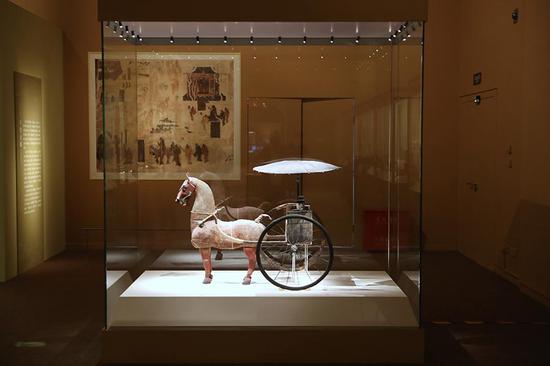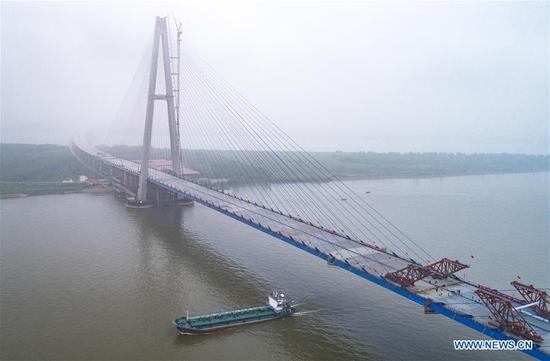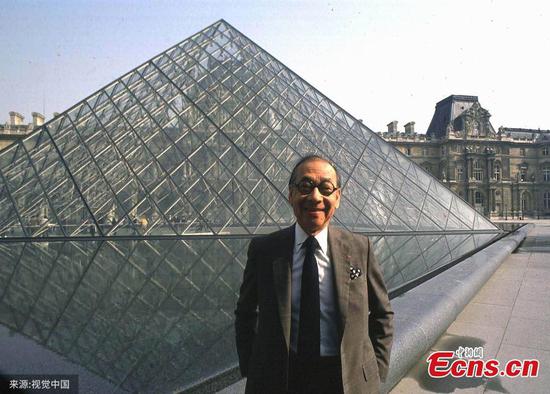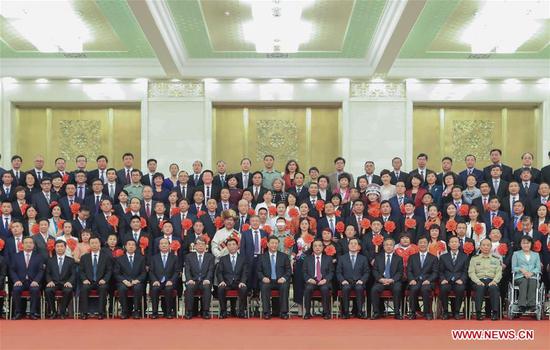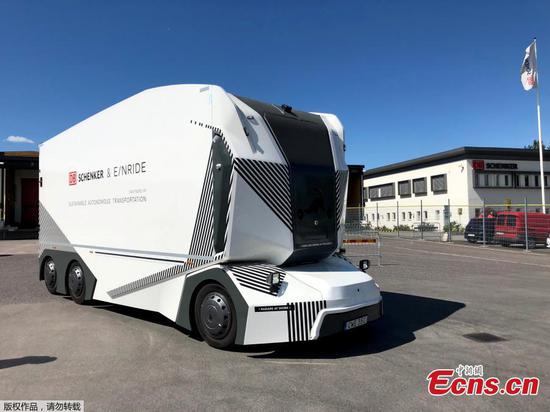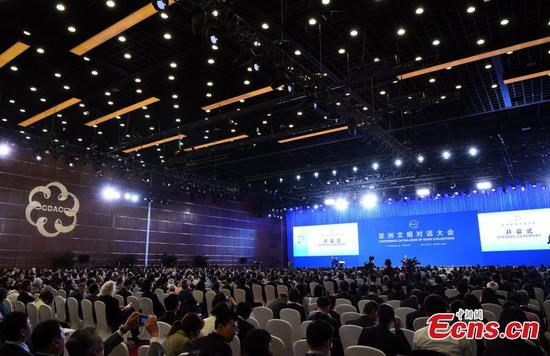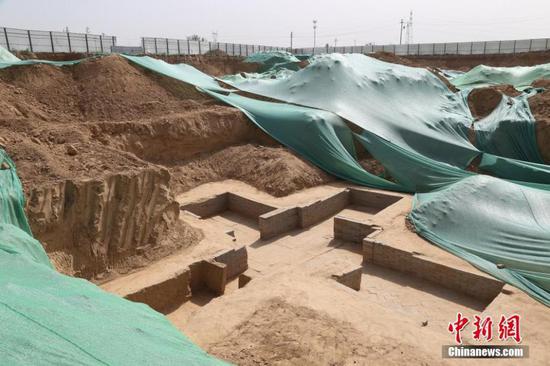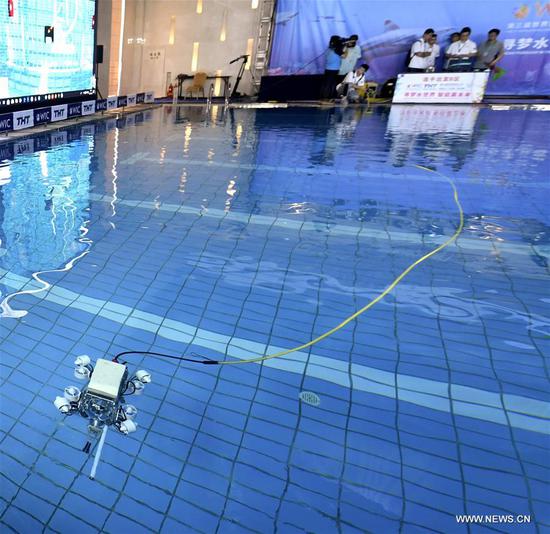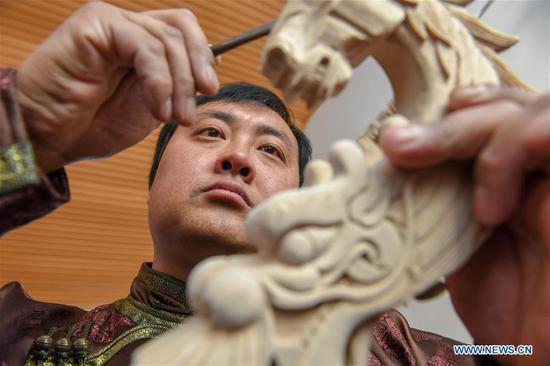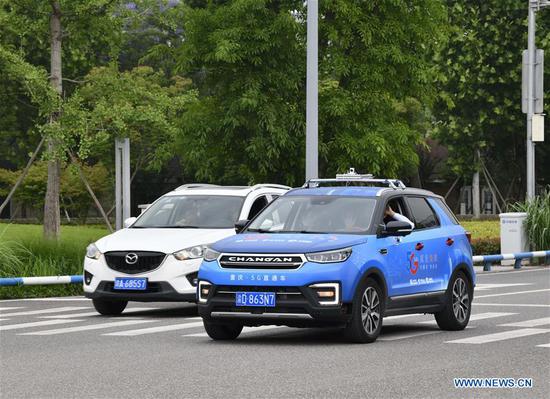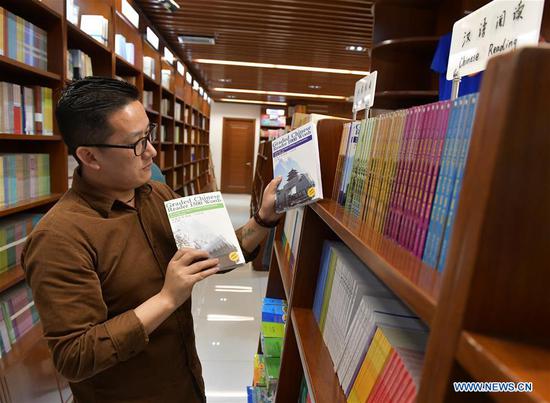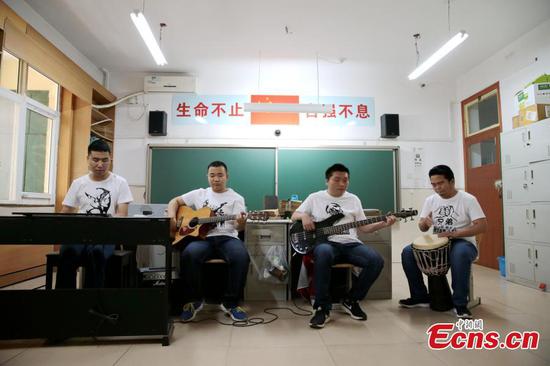
Visitors watch a robot at an exhibition of China's progress in digital sectors in Fuzhou, Fujian Province. (Photo by Zhu Xingxin/China Daily)
The fast-emerging technology and internet industry has been shaping real estate business and industry experts said China will lead the way in property technology.
Albert Ovidi, chief operating officer of JLL Asia Pacific, a leading professional real estate services firm, said at the China Proptech Forum and Exhibition held in Beijing that just as in many other industries, real estate is also advancing fast, thanks to the development of technologies.
He believed artificial intelligence, blockchain, virtual and augmented reality and the internet of things (IoT) are the future of property technology and also a field where China excels.
"China will be the world leader in AI by 2030," he said. As the trend of applying AI in real estate was strong, he said China is leading the way in real estate.
Speaking about IoT, he said China already owned approximately 20 percent of the global market share of internet-connected devices, which made China a leader in the field.
"In the past four years, we have seen coworking space with technology, new retail experience centers and many proptech startups focusing on the real estate industry rise rapidly in Beijing," said Julien Zhang, managing director of North China at JLL. "This confirms our belief there is great potential for proptech in Beijing, which is the center of national technology innovation."
Experts believed that proptech, especially the application of big data can largely reshape the way how a city was designed and planned in China.
"The future urban planning will focus on people," said Wang Fei, head of strategic consulting of JLL in Beijing. "In the past two decades, China has been building cities on a massive scale, but wasn't able to predict who would be living in them and the size of the population. In the future, it will be all about the users of cities."
He Wanyu, founder of Xkool Technology, a tech startup that specializes in applying artificial intelligence solutions to urban planning, said the key was to apply the data collected to the planning.
"What many smart cities did in the past was to allow the city leaders and the property developers see the data, but not respond to the data," she said. "After applying AI, we can make the urban design meet the demand from the people we detect from the data."
"For example, in the planning of Xiongan New Area, in the past we could only analyze the climate and the geographic features," she said. "But now we can be specific to the actual demands of the citizens and companies, and make detailed plans for every inch of land."









